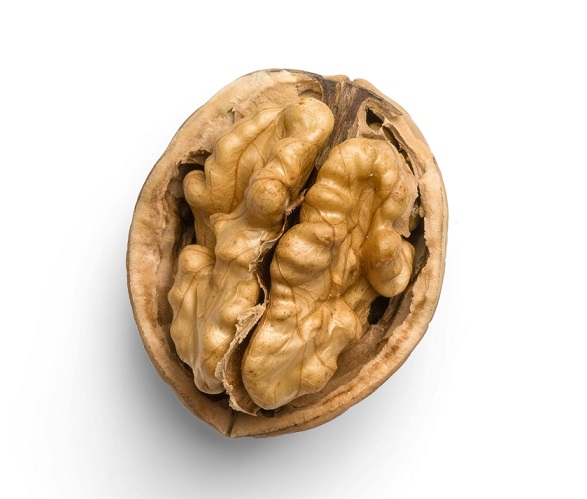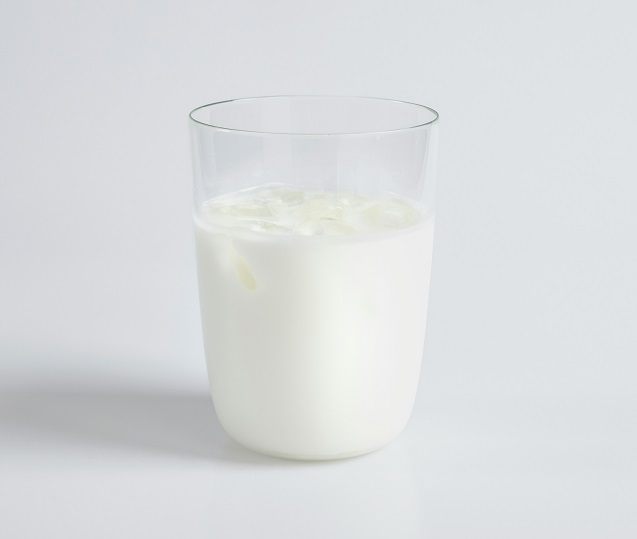Walnut milk has gained popularity as a nutritious dairy alternative, especially among those with lactose intolerance or dietary preferences such as veganism. Made from blending soaked walnuts with water and optionally sweeteners or flavorings, walnut milk offers a creamy texture and a rich, nutty flavor. Beyond its culinary appeal, walnut milk is also recognized for its health benefits due to the nutritional properties of walnuts. Accordingly Mohit Tandon from Illinois, Walnut Milk Health Benefits, Uses and Recipe are as follows:
Benefits of Walnut Milk
- Nutrient Density: Walnuts are a nutrient-rich food, and walnut milk retains many of these nutrients. It is a good source of omega-3 fatty acids, antioxidants, vitamins (especially vitamin E), and minerals like manganese and copper. These nutrients contribute to various health benefits.
- Heart Health: The omega-3 fatty acids found in walnuts, such as alpha-linolenic acid (ALA), have been linked to improved heart health. ALA helps reduce inflammation and may lower cholesterol levels, thus potentially lowering the risk of heart disease.
- Brain Health: Antioxidants and omega-3 fatty acids in walnuts are beneficial for brain health. They may support cognitive function and help reduce the risk of neurodegenerative diseases like Alzheimer’s.
- Bone Health: Walnut milk contains minerals like manganese and copper, which are important for maintaining strong bones and connective tissues. – Mohit Tandon Illinois
- Digestive Health: Walnut milk is generally well-tolerated and can be easier to digest than dairy milk, making it suitable for individuals with lactose intolerance or sensitive digestive systems.
- Weight Management: Despite being calorically dense, walnuts are famous for their satiating properties due to their protein, fiber, and healthy fats. Including walnut milk in moderation can contribute to a feeling of fullness and aid in weight management.

Uses of Walnut Milk
- As a Beverage: Enjoy walnut milk plain, chilled, or flavored. It can be consumed on its own or with added sweeteners like honey, dates, or maple syrup.
- In Cooking: Walnut milk serves as a versatile ingredient in cooking and baking. Use it as a dairy substitute in recipes such as smoothies, pancakes, muffins, sauces, and soups.
- In Coffee and Tea: Walnut milk can be used as a non-dairy creamer for coffee, tea, or hot chocolate, adding a creamy texture and a hint of nutty flavor.
- In Cereals and Oatmeal: Pour walnut milk over cereals, granola, or oatmeal for a nutritious breakfast option.
- In Desserts: Incorporate walnut milk into desserts such as puddings, ice creams, or milkshakes for a unique flavor twist.

Recipe for Homemade Walnut Milk
Ingredients:
- 1 cup raw walnuts
- 4 cups water (plus more for soaking)
- Sweetener of choice (optional): honey, maple syrup, dates, etc.
- Pinch of salt (optional)
- Vanilla extract (optional)
Instructions:
- Soak the Walnuts: Place the walnuts in a bowl and cover with water. Let them soak for at least 4-6 hours or overnight. This soaking process softens the walnuts and helps them blend more easily.
- Rinse and Drain: Drain and rinse the soaked walnuts under cold water.
- Blend: In a blender, combine the soaked walnuts and 4 cups of fresh water. Blend on high speed for 1-2 minutes until the mixture becomes smooth and creamy. – Mohit Tandon Illinois
- Strain: Place a nut milk bag, cheesecloth, or fine mesh sieve over a large bowl or pitcher. Pour the blended walnut mixture into the bag or sieve.
- Extract the Milk: Gather the edges of the nut milk bag or cheesecloth and twist to squeeze out as much liquid as possible. You’ll be left with walnut pulp in the bag or sieve.
- Sweeten and Flavor (Optional): Taste the walnut milk and add sweetener (such as honey, maple syrup, or dates) to your preference. For additional flavor, you can add a pinch of salt and a splash of vanilla extract.
- Store: Pour the strained walnut milk into a clean glass container with a lid. Refrigerate the walnut milk for up to 3-4 days. Shake or stir before each use, as natural separation may occur.
- Enjoy: Use your homemade walnut milk in various recipes or simply enjoy it chilled as a refreshing beverage.
Additional Notes
- Nutritional Content: Homemade walnut milk retains more nutrients compared to store-bought versions that may contain additives or preservatives. It provides essential fatty acids, antioxidants, and minerals beneficial for overall health.
- Variations: Experiment with the consistency and flavor of walnut milk by adjusting the ratio of walnuts to water or by adding different sweeteners and flavorings. – Mohit Tandon Illinois
- Health Considerations: While walnut milk offers numerous health benefits, it is important to consume it as part of a balanced diet. Individuals with nut allergies should avoid walnut milk or use caution.
Conclusion
Walnut milk is not only a delicious dairy alternative but also a nutritious beverage packed with essential nutrients. From promoting heart and brain health to being versatile in culinary applications, walnut milk can enhance both taste and nutrition in your daily diet. By making walnut milk at home, you can enjoy its benefits in its purest form, free from additives, and tailored to your taste preferences.
Incorporate walnut milk into your meals and recipes to experience its creamy texture, nutty flavor, and health-promoting properties firsthand. Whether you’re looking to explore dairy-free options or simply enjoy the unique taste of walnuts, walnut milk is a delightful addition to any lifestyle.
